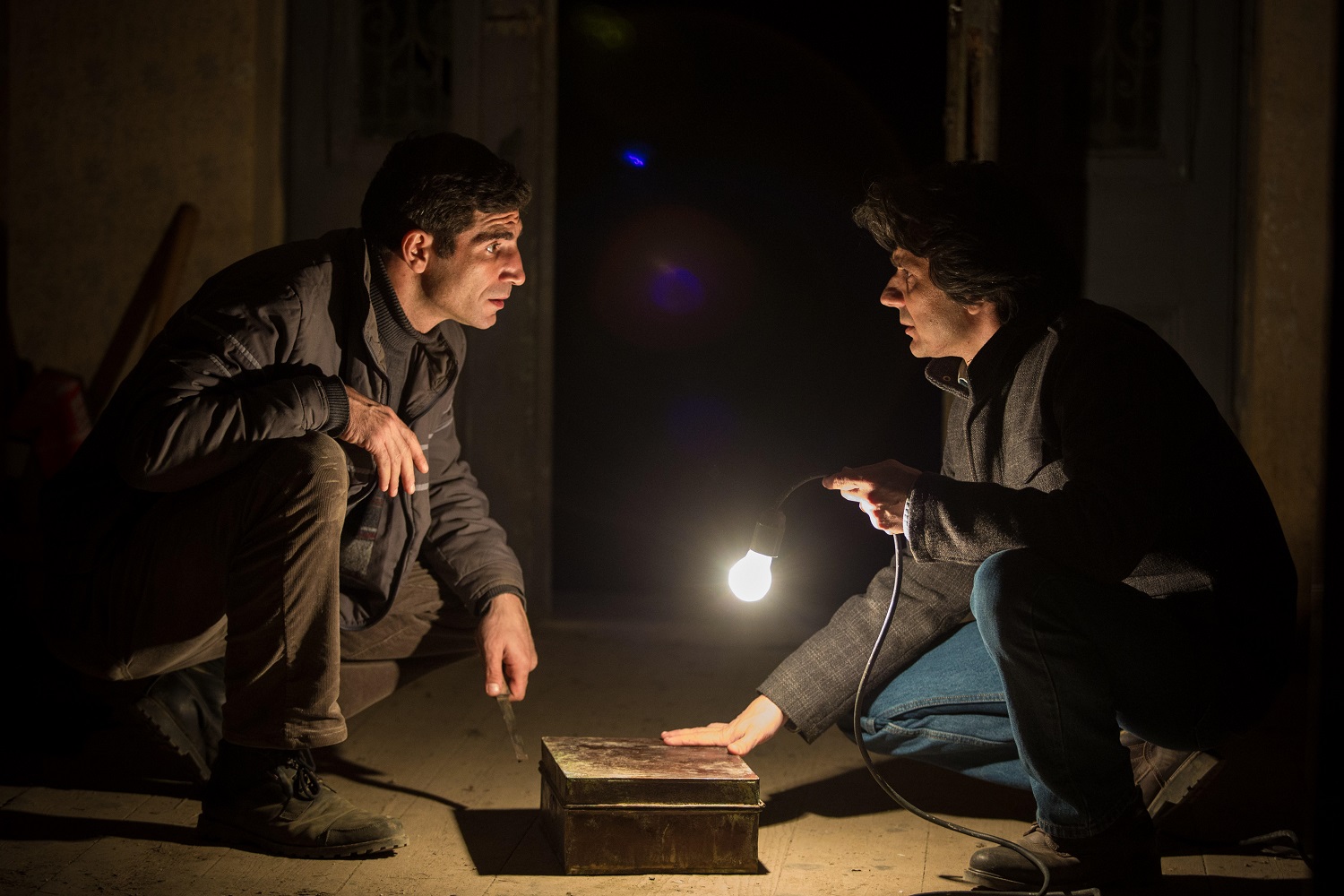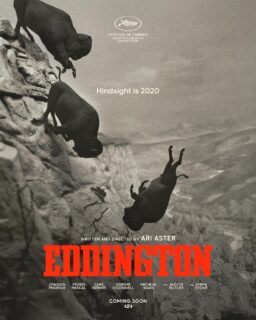The process of examination is central to the
work of Romanian director Corneliu Porumboiu, and his latest feature film, “The
Treasure” (which just premiered at Cannes’ Un Certain Regard section), serves as proof that the fascination hasn’t
run dry. Just as “12:08 East of Bucharest” examined a specific moment in
Romania’s collective memory, and “Police, Adjective” focused on language itself as
a tool of oppression, the latest film literally zeroes in on a piece of land
combed (and then combed again) in a goofy treasure hunt.
Just as in another screen fable of greed, luck
and unexpected obstacles—Stanley Kramer’s “It’s a Mad, Mad, Mad, Mad World”—the impulse here to look for the hidden riches is less romantic than
economical: the main characters are struggling to survive in contemporary,
recession-stricken Romania. When Adrian (Adrian Purcarescu) approaches his
neighbor Costi (Cuzin Toma) about the idea to look for a chest his grandfather buried
during World War II, the scheme seems like something straight off the pages of
“Robin Hood,” read by Cosi every night to his young son. Once the two men hire
a standoffish Cornel (Corneliu Cozmei) to scan the designated area with his
metal detector, the movie turns into a funny, purposefully grueling slapstick
comedy of three guys stuck in a field, all set on what seems like a wild goose
chase—complete with many a satirical jab at Romanian bureaucracy.
As evidenced by his previous, unsuccessful
feature, “When Evening Falls on Bucharest, or Metabolism,” Porumboiu is a
highly self-conscious director, very much aware of the moral and aesthetic
implications of every single cut and each camera movement he employs. Here, the
repeated image of the metal detector’s head hovering over the ground, as well
as the sound the machine emits (with carefully crafted comical results), serves
as a metaphor of the director’s search for meaning, which was also at the
center of “Metabolism”—in this sense, this is a work as self-reflexive as the
previous film. In his quest to combine intellectual inquiry with classical
narrative, Porumboiu is also becoming more and more fond of semi-scientific
inserts that provide an analytical touch not unlike something we could find in
a PBS documentary (grammatical chart in “Police,” medical footage of a the
inside of an intestine in “Metabolism,” geological chart in “The Treasure”).
More than any other Romanian director (with the
possible exception of documentarian Andrei Ujică), Porumboiu is obsessed with
his country’s past. Just as in his recent foray into documentary, “The Second
Half” (consisting entirely of a footage of a 1988 soccer game, supplied with a
new commentary), there is a sense in “The Treasure” that the filmmaker’s task
is to dig patiently and examine artifacts of the past. In its last ten
minutes, the film transforms itself into an ironic, near-magical fable, and the
final shot may count as the most conspicuous and conventional decision
Porumboiu ever made, but still he remains one of the key players in the New
Romanian Cinema movement, and I am glad to see him back in form.












